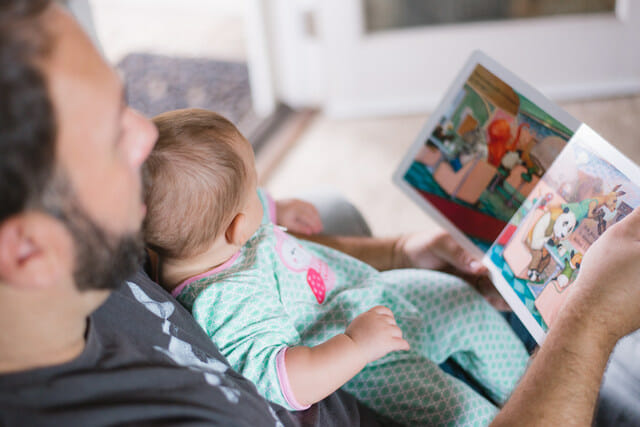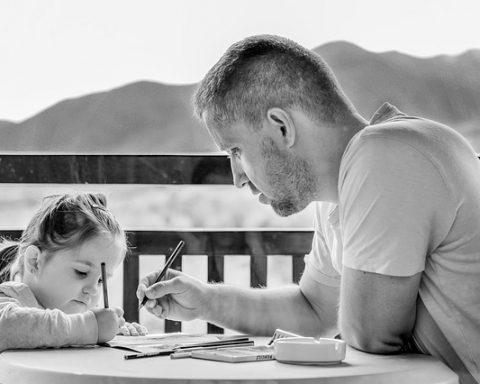Parenting skills are the competencies that help parents successfully raise well-balanced, happy, and healthy children. Parenting is an all-inclusive process that involves a conscious effort to provide for all the children’s needs from infancy to adulthood. The more informed parents are, the better chance they have of raising highly intellectual and morally upright children.
According to research, the major goals of parenting are ensuring children’s health and safety, preparing children for adulthood, and transmitting cultural values. Parenting, therefore, requires a lot of knowledge in order to achieve success.
The Importance of Parenting Skills
Skills are the talents and expertise that are essential for solving everyday problems and for executing any necessary duties or tasks. Effective parenting skills help parents make informed choices and come up with solutions to problems related to the growth and development of their children.
On the other hand, a lack of parenting skills will result in children who do not uphold social and cultural values. Indeed, research shows that poor parenting skills lead to rogue children who are insensitive to cultural values and expectations.
What Skills Should Parents Teach Their Children?
All parents need to instill the most important skills in their children lest they become victims of neglect and poor parenting. Some of these skills include:
- Communication skills. The way parents communicate with their children determines the way the children communicate with others. Make sure that communication and interactions are positive and teach them how to address the people around them respectfully.
- Relationship building and social skills. Children learn by imitating; therefore, parents should build a healthy relationship with each other to serve as a role model for their children. In doing so, parents teach their children the importance of sharing and caring.
- Responsibility and life skills. Give children responsibilities around the house so that they can learn to be competent and responsible. These traits will hopefully last into adulthood as they take on future responsibilities and earn a living.
- Stress management and behavior management. Parents who know how to manage stress show their children how to practice restraint and avoid taking out their stress on others. In addition, parents should avoid using harsh punishments and focus more on interactive and positive reinforcement.
- Health and safety. Help children develop good habits and healthy lifestyles. Encourage good nutrition and teach children the importance of keeping the body healthy, building strong friendships, and engaging in wholesome activities to keep them safe from harm.
- Religion. Teach children moral values and instill in them the importance of spirituality and spiritual growth rather than impose religious ideologies on them.
- Education and learning. Provide for children’s formal education and help them learn new information and skills on a regular basis. Train children to take responsibility for their own education and learning. Learning should be a lifelong process.
These skills are vital to the development of all children. The competence of the parents will determine how well children learn them. A study advises parents to teach these skills early because children tend to retain what they learn when they are young. It is, therefore, important to instill the best practices in young children in order to avoid raising rogue and rebellious children.

References
- Stevens Jr, Joseph H. “Child Development Knowledge and Parenting Skills.” Family Relations (1984): 237–244. Retrieved from https://www.jstor.org/stable/583789
- Hart, Craig H., Lloyd D. Newell, and Susanne Frost Olsen. “Parenting Skills and Social-Communicative Competence in Childhood.” In Handbook of Communication and Social Interaction Skills. Edited by John O. Greene and Brant R. Burleson, 753–797. Mahwah, NJ: Lawrence Erlbaum Associates, 2003.














Nice content and ideas that every parents can follow through it. Thanks for sharing.